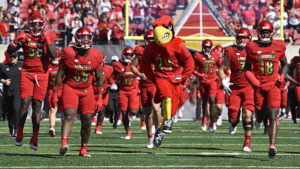
Heartbreaking News: Magic: The Gathering Announced Dead by Those Who Have Never Touched Cardboard
In recent times, the gaming community has witnessed an intriguing yet disheartening phenomenon: the announcement of the death of a beloved franchise, Magic: The Gathering (MTG), by individuals who have little to no firsthand experience with the game itself. This development raises questions about the nature of gaming culture, the impact of social media, and the disconnect between dedicated players and casual observers.
The Love for Cardboard
Magic: The Gathering, created by mathematician Richard Garfield and first published by Wizards of the Coast in 1993, revolutionized the gaming landscape. It introduced the concept of collectible card games (CCGs), allowing players to build unique decks and engage in strategic battles. For decades, MTG has fostered a vibrant community, bringing together players across various formats, from casual kitchen table games to competitive tournaments.
The physical aspect of the game, the tactile experience of shuffling cards and strategizing with friends, is central to what makes MTG special. For those who have invested countless hours into learning the intricacies of gameplay and the lore behind the cards, the notion of the game being “dead” is not only inaccurate but also painful.
The Announcement and Its Implications
The phrase “Magic: The Gathering is dead” often surfaces in discussions about declining player engagement, changes in game mechanics, or shifts in the company’s marketing strategies. Yet, these proclamations frequently originate from people who may have never played the game or who rely solely on secondhand information gleaned from forums or social media.
This scenario raises critical issues about authority and expertise in discussions surrounding gaming. Who gets to declare a game’s fate? Is it the veteran player who has invested years into the community, or is it the casual observer who has picked up a few cards but lacks deeper engagement? The answer is not straightforward, but it speaks





